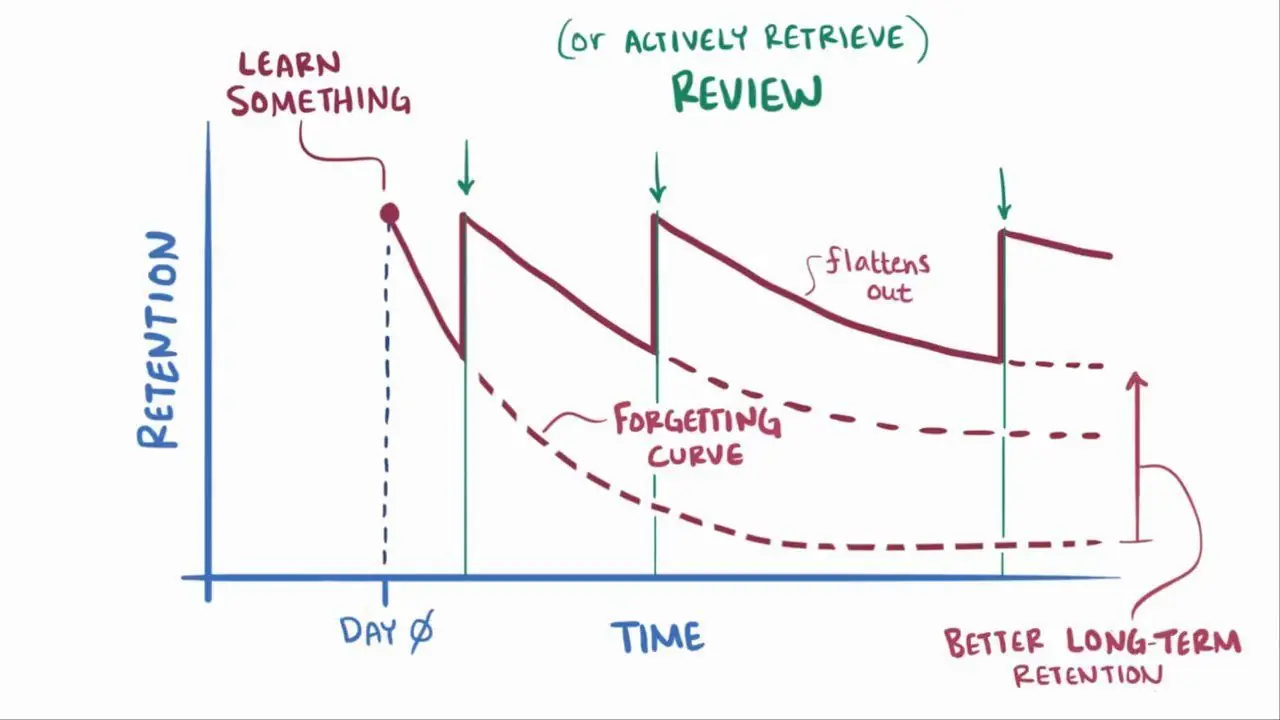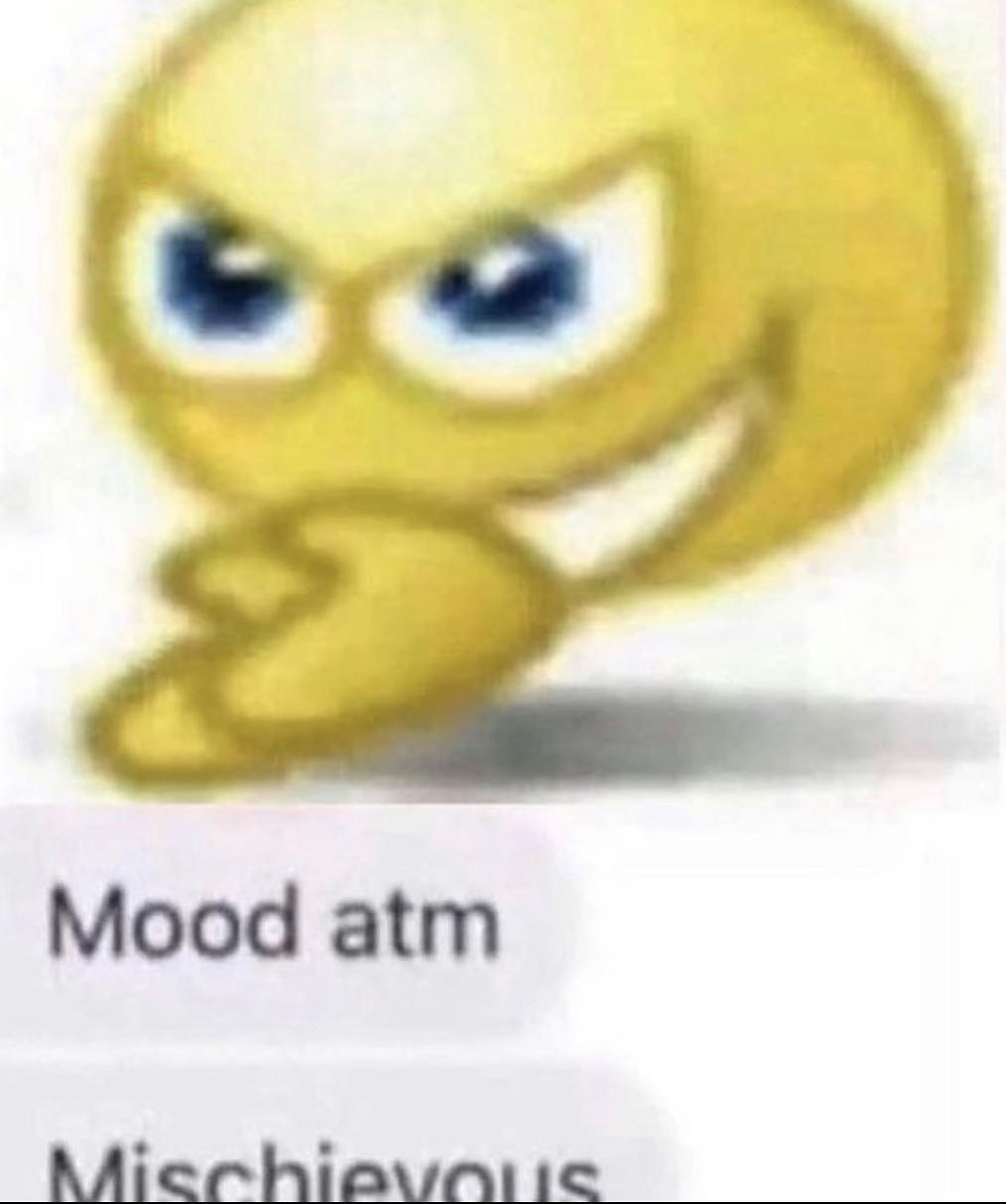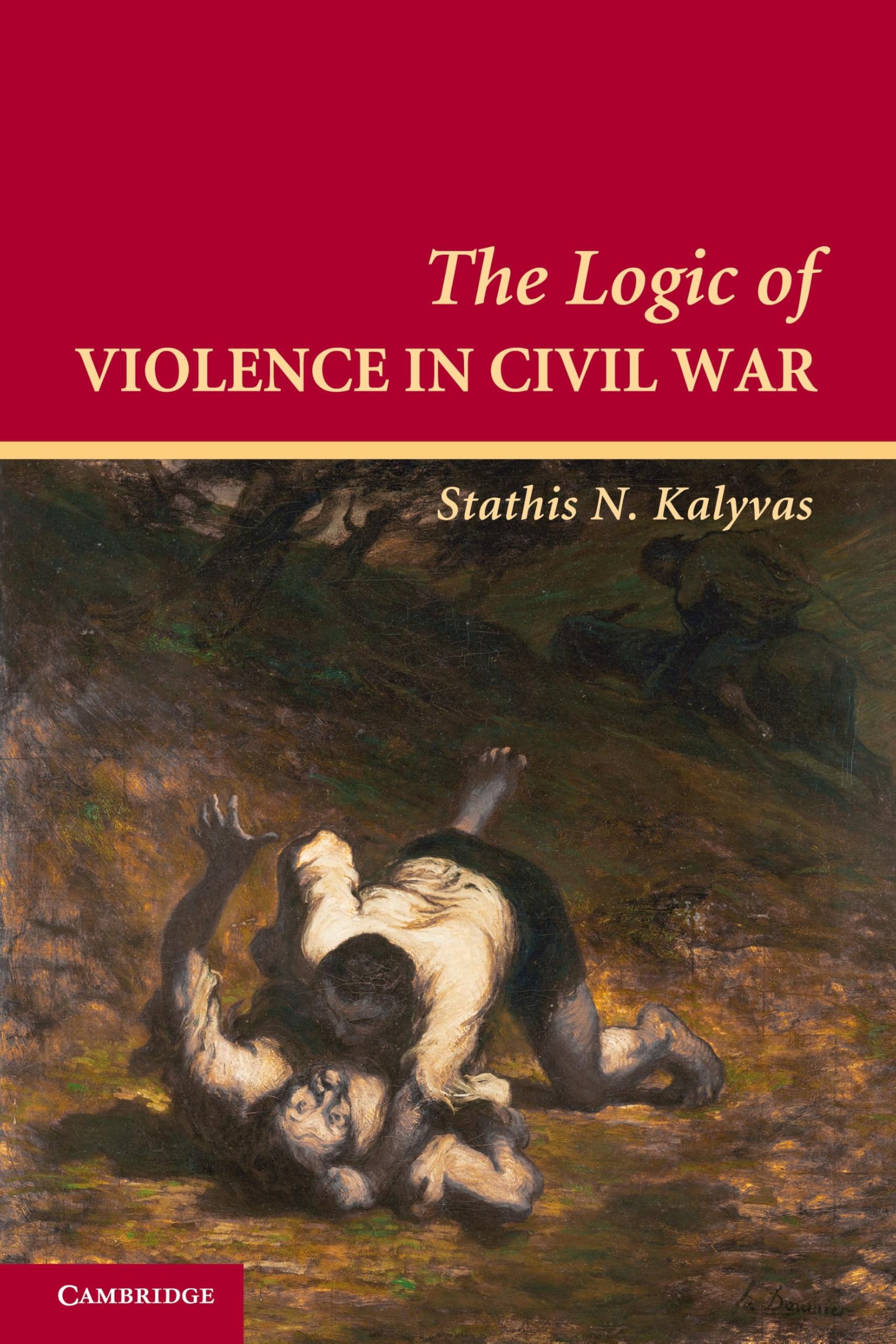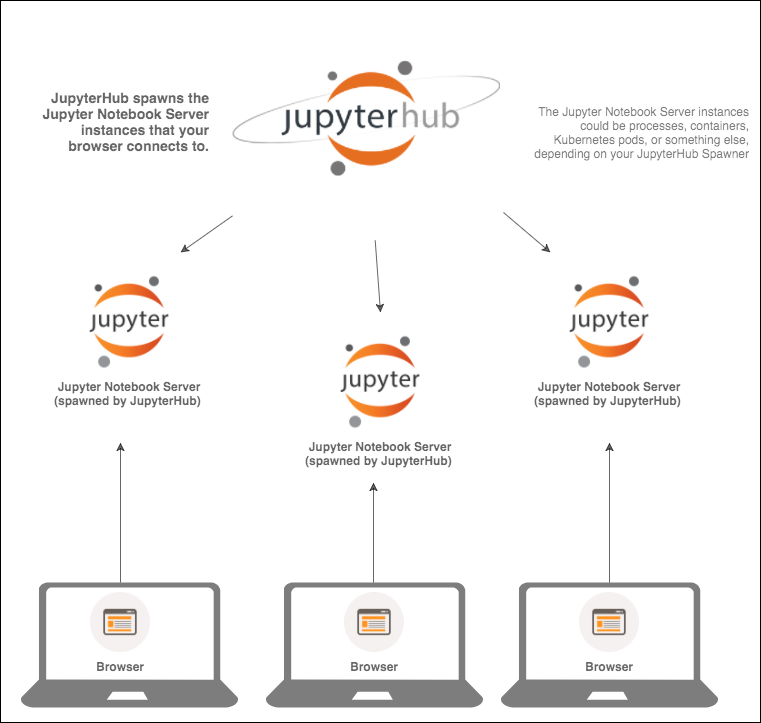cb_palette = [
"#E69F00", "#56B4E9", "#009E73",
"#F0E442", "#0072B2", "#D55E00",
"#CC79A7"
]Week 1: Science from Particles to People
DSAN 5650: Causal Inference for Computational Social Science
Summer 2025, Georgetown University
Schedule
Today’s Planned Schedule:
| Start | End | Topic | |
|---|---|---|---|
| Lecture | 6:30pm | 7:00pm | Quick Hello Hi Everyone Style Intro → |
| 7:00pm | 7:25pm | science \(\leadsto\) “Phase Transition” → | |
| 7:25pm | 7:50pm | Motivating Examples I: Social Science → | |
| Break! | 7:50pm | 8:00pm | |
| 8:00pm | 8:30pm | Motivating Examples II: Causal Inference → | |
| 8:30pm | 9:00pm | Course Logistics → |
\[ \DeclareMathOperator*{\argmax}{argmax} \DeclareMathOperator*{\argmin}{argmin} \newcommand{\bigexp}[1]{\exp\mkern-4mu\left[ #1 \right]} \newcommand{\bigexpect}[1]{\mathbb{E}\mkern-4mu \left[ #1 \right]} \newcommand{\definedas}{\overset{\small\text{def}}{=}} \newcommand{\definedalign}{\overset{\phantom{\text{defn}}}{=}} \newcommand{\eqeventual}{\overset{\text{eventually}}{=}} \newcommand{\Err}{\text{Err}} \newcommand{\expect}[1]{\mathbb{E}[#1]} \newcommand{\expectsq}[1]{\mathbb{E}^2[#1]} \newcommand{\fw}[1]{\texttt{#1}} \newcommand{\given}{\mid} \newcommand{\green}[1]{\color{green}{#1}} \newcommand{\heads}{\outcome{heads}} \newcommand{\iid}{\overset{\text{\small{iid}}}{\sim}} \newcommand{\lik}{\mathcal{L}} \newcommand{\loglik}{\ell} \DeclareMathOperator*{\maximize}{maximize} \DeclareMathOperator*{\minimize}{minimize} \newcommand{\mle}{\textsf{ML}} \newcommand{\nimplies}{\;\not\!\!\!\!\implies} \newcommand{\orange}[1]{\color{orange}{#1}} \newcommand{\outcome}[1]{\textsf{#1}} \newcommand{\param}[1]{{\color{purple} #1}} \newcommand{\pgsamplespace}{\{\green{1},\green{2},\green{3},\purp{4},\purp{5},\purp{6}\}} \newcommand{\pedge}[2]{\require{enclose}\enclose{circle}{~{#1}~} \rightarrow \; \enclose{circle}{\kern.01em {#2}~\kern.01em}} \newcommand{\pnode}[1]{\require{enclose}\enclose{circle}{\kern.1em {#1} \kern.1em}} \newcommand{\ponode}[1]{\require{enclose}\enclose{box}[background=lightgray]{{#1}}} \newcommand{\pnodesp}[1]{\require{enclose}\enclose{circle}{~{#1}~}} \newcommand{\purp}[1]{\color{purple}{#1}} \newcommand{\sign}{\text{Sign}} \newcommand{\spacecap}{\; \cap \;} \newcommand{\spacewedge}{\; \wedge \;} \newcommand{\tails}{\outcome{tails}} \newcommand{\Var}[1]{\text{Var}[#1]} \newcommand{\bigVar}[1]{\text{Var}\mkern-4mu \left[ #1 \right]} \]
Who Am I? Why Is Georgetown Having Me Teach This?
Prof. Jeff Introduction!
- Born in NW DC → high school in Rockville, MD
- University of Maryland: Computer Science, Math, Econ
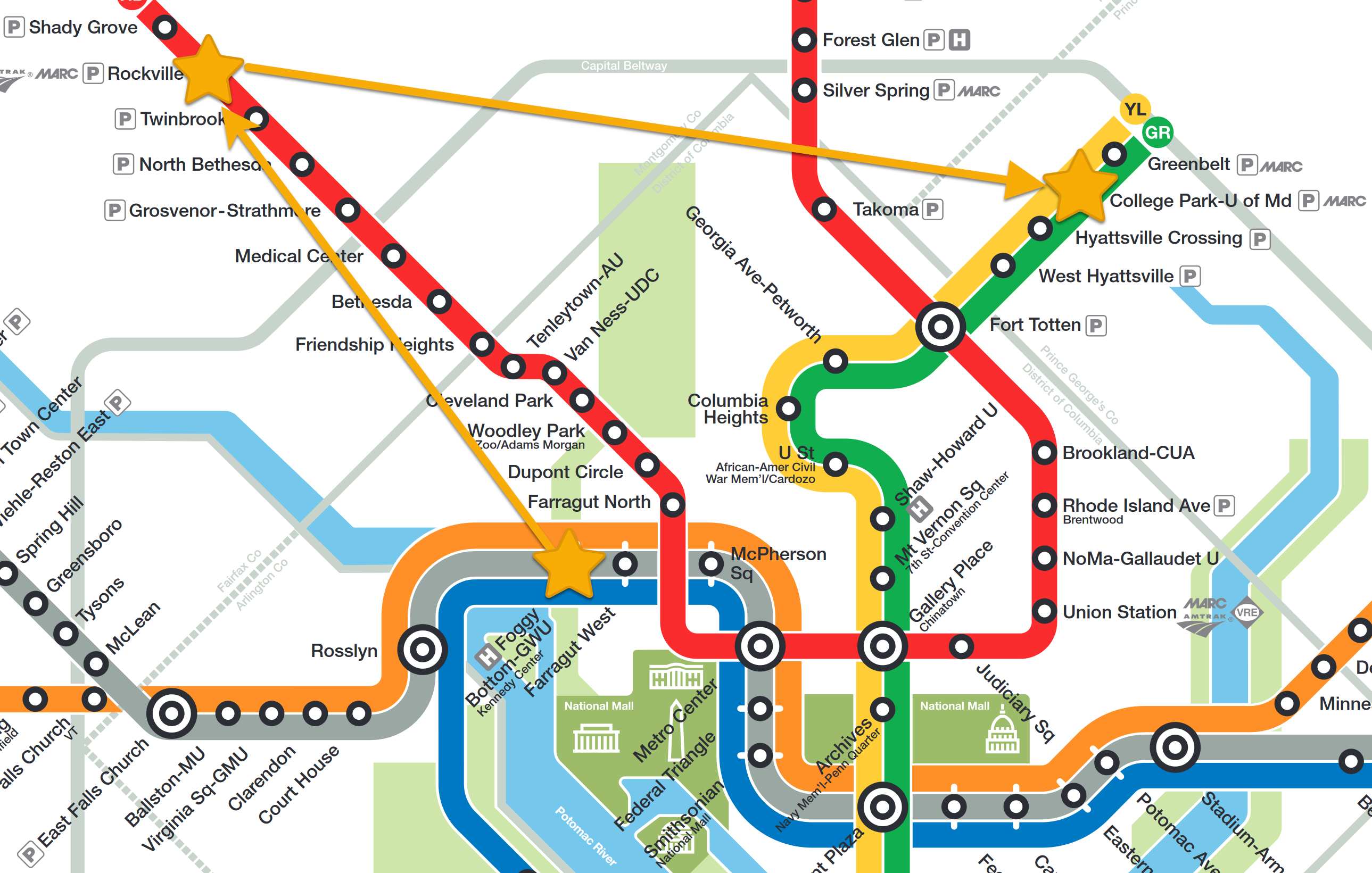
The World Outside of DC
Studied abroad in Beijing (Peking University/北大) → internship with Huawei in Hong Kong (HKUST)
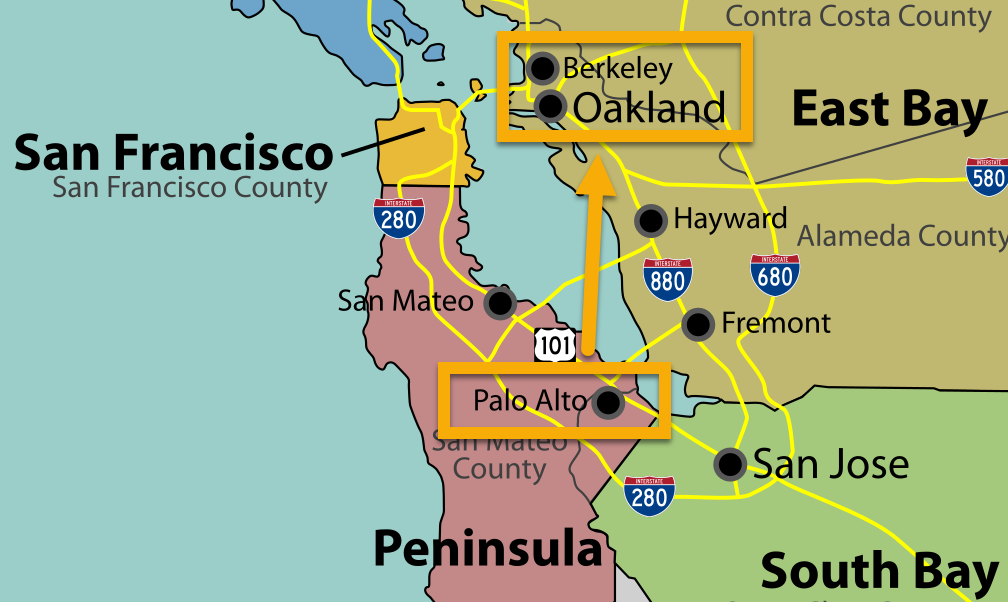
Stanford, MS in Computer Science
Research Economist, UC Berkeley
Columbia, PhD in Political Economy
Why Is Georgetown Having Me Teach This?
- Quanty things \(\leadsto\) PhD in Political Economy
- PhD exam major: Political Philosophy
- PhD exam minor: International Relations
- PhD exam paper: “How to Do Things with Translations”
- Game-changing Research Fellowships at… (Nothing was the same -drake):
- Santa Fe Institute: dedicated to the multidisciplinary study of complex systems: physical, computational, biological, social
- Centre for the Study of the History of Political Thought, Queen Mary University of London (QMUL): New approaches to the history of political thought [Quentin Skinner, “Cambridge School”] have changed how we study ideas from the past and their relevance to contemporary politics. The focus of the Centre is to explore [ts].
Dissertation (NLP x History)
“Our Word is Our Weapon”: Text-Analyzing Wars of Ideas from the French Revolution to the First Intifada
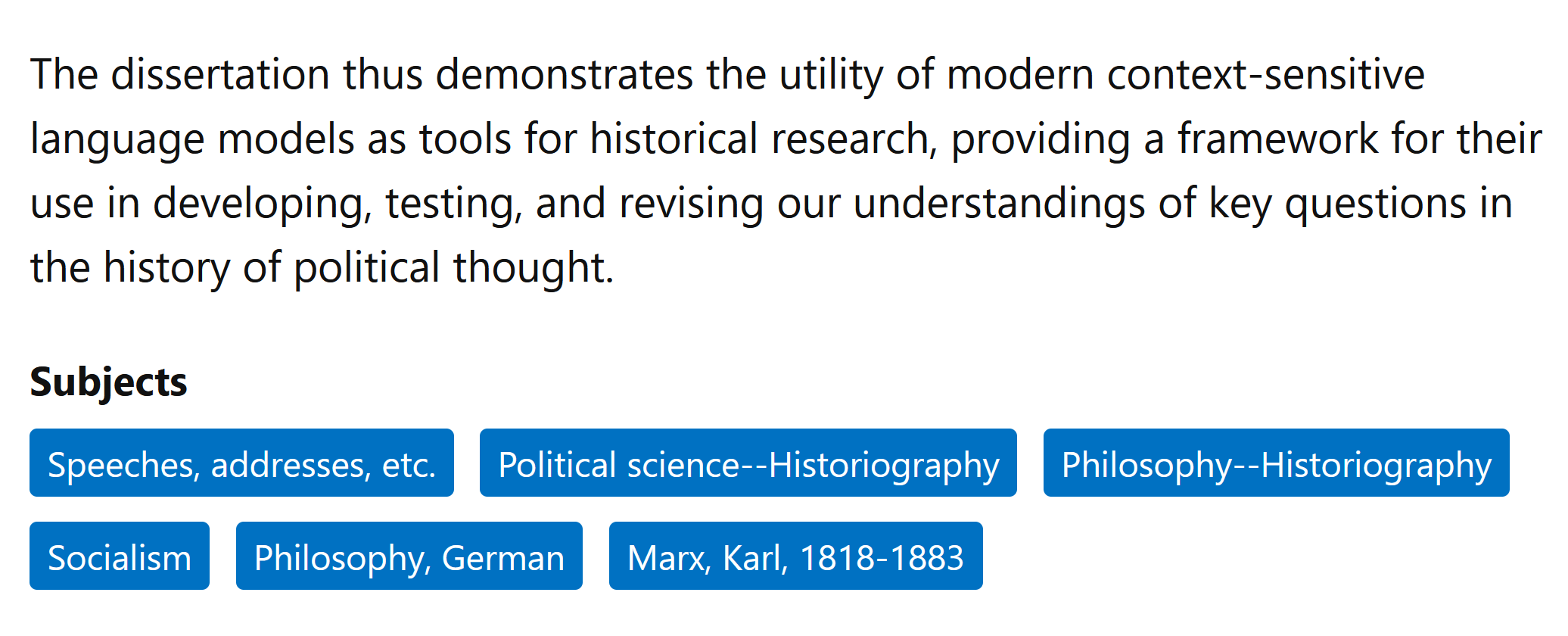
(IR Part) Wars of Ideas I: Cold War
- Cold War arms shipments (SIPRI) vs. propaganda (Печать СССР): here, to 🇪🇹
(Middle East Part) Wars of Ideas II: First Intifada, 1987-1993
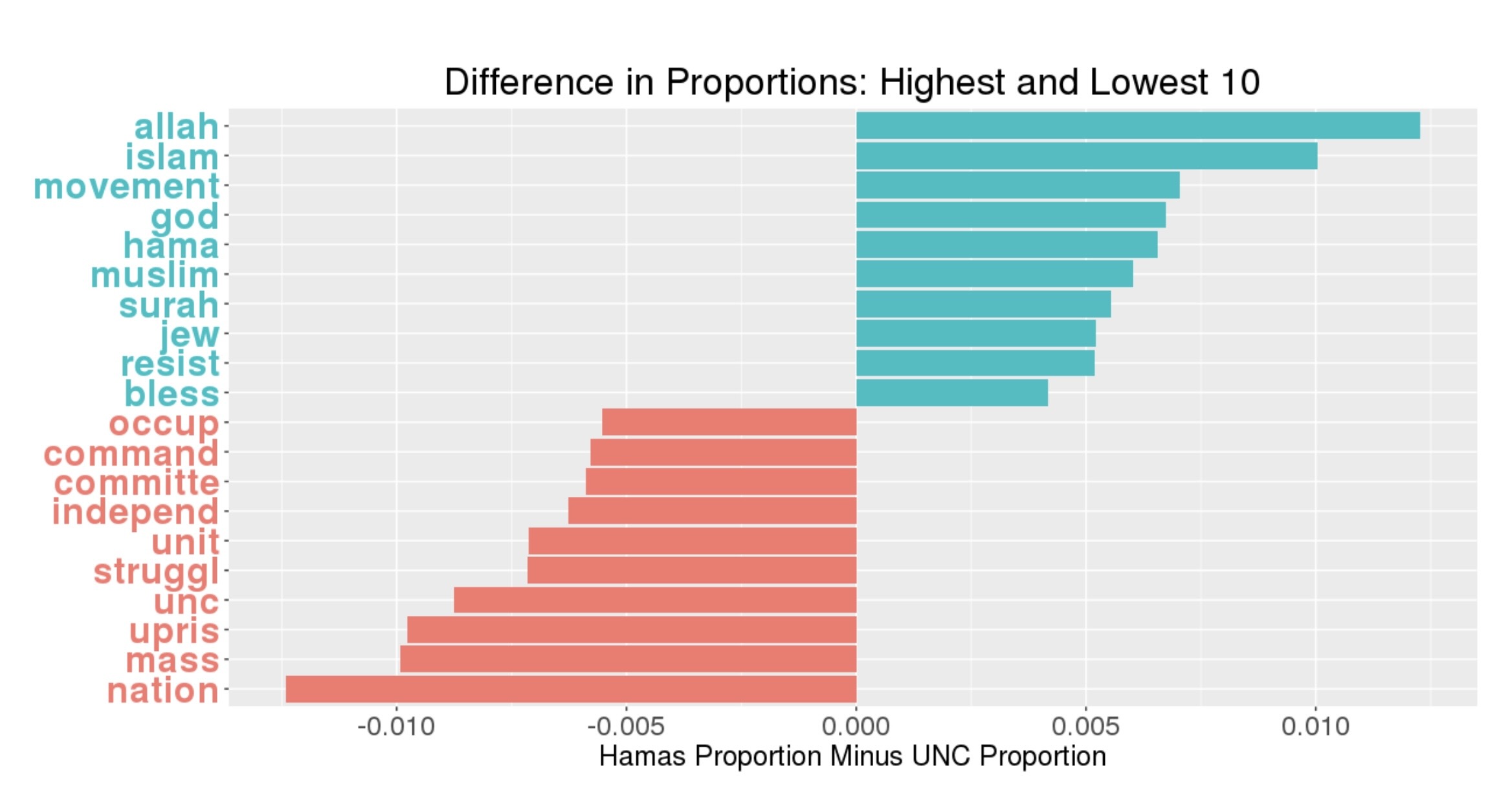
Research Nowadays
- Most cited paper: “Monopsony in Online Labor Markets” (Uses Double-Debiased ML for Causal Inference!)
- Most recent paper: “Operationalizing Freedom as Non-Domination in the Labor Market” (Cambridge U Press)
- Rarely cited paper but often-thought-about obsession: “How To Do Things With Translations”
- Related thing you can buy in a bookstore: [Editorial board for new translation of] Capital, Vol. 1 by Karl Marx (Princeton U Press)
But Now… Teaching!
- Growth mindset: “I can’t do this” \(\leadsto\) “I can’t do this yet!”
- Think of anything you’re able to do… There was a point in life when you didn’t know how to do it! What happened? Your brain established and/or rearranged neural pathways as you struggled with it!
- How does this neural re-arrangement work? One “cheatcode” is spaced repetition:
Lil Wayne on Spaced Repetition
Maria Montessori on Your Final Project
Our teaching should be governed, not by a desire to make students learn things, but by the endeavor to keep burning within them that light which is called curiosity. (Montessori 1916)1
- To this end: your final project is to explore some potential causal linkage from \(X\) to \(Y\) (more later!)
- The sole requirement is: sufficient curiosity to serve as fuel for your journey from associational world to causal world
Course Logistics
JupyterHub
References
Footnotes
“Couldn’t do classes, them lessons used to bore me, I was tryna school heads like Waldorf and Montessori” -Bar dropped by local rapper one day in freestyle that I never forgot↩︎
Obligatory quantum mechanics footnote: human agency [maybe] plays a role, in a quirky way, in physics at tiny subatomic scales… but once we coarse grain to atoms (and avoid speed of light), Newton’s Laws accurate to many decimals 🤯↩︎
At least, for the time being… BUT see Sperber (1996), which will come up later↩︎
